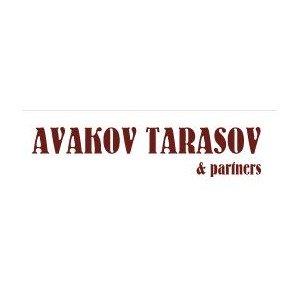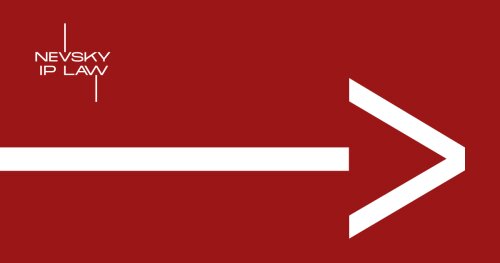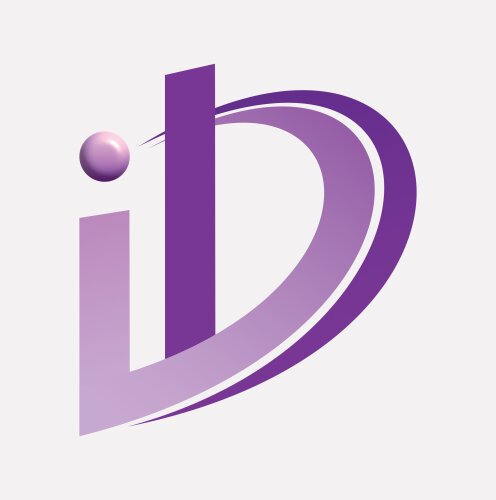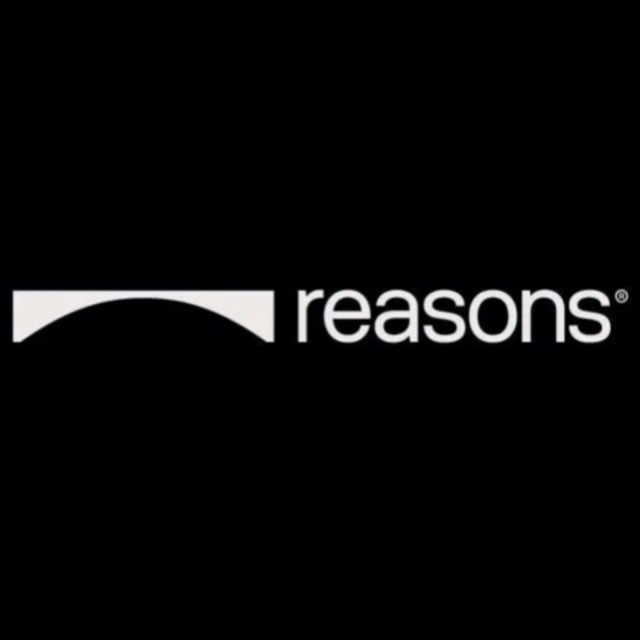Best Information Technology Lawyers in Russia
Share your needs with us, get contacted by law firms.
Free. Takes 2 min.
Or refine your search by selecting a city:
List of the best lawyers in Russia
About Information Technology Law in Russia
Information Technology (IT) law in Russia is a rapidly evolving field, driven by the country's ambition to become a leader in digital innovation. The Russian government actively supports the IT sector, with a focus on digital economy development, cybersecurity, and data protection. Various laws and regulations have been enacted to govern the digital space, and these are frequently updated to keep pace with technological advancements. Key legal frameworks include the Federal Law on Personal Data, the "Yarovaya Law" for information protection, and recent regulations on technology imports and digital services taxation.
Why You May Need a Lawyer
There are several situations in which individuals or businesses operating within the IT sector in Russia might require legal assistance:
- Navigating the complex regulatory framework governing IT operations, including data protection and cybersecurity.
- Compliance with local laws when managing customer data or conducting cross-border data transfers.
- Helping with intellectual property rights and technology patents.
- Assisting startups in drafting contracts, user agreements, and privacy policies for digital platforms.
- Dealing with disputes involving IT service agreements and software licensing.
- Representation in litigation or negotiations related to cybersecurity incidents or breaches.
Local Laws Overview
Russia's approach to Information Technology law involves several key pieces of legislation:
- Federal Law on Personal Data: This law regulates the processing of personal data and is the Russian equivalent of data protection laws like GDPR in the EU.
- Yarovaya Law: Enacted to combat terrorism, it imposes requirements on data retention for telecom and internet service providers.
- Information, Information Technologies, and Information Protection Law: Governs the rights to access information, the use of information technologies, and the legal basis for information security.
- National Payment System Law: Sets out the legal framework for electronic transactions and payment systems in Russia.
- Localization Laws: Require data operators to store personal data of Russian citizens on servers located within the country.
Frequently Asked Questions
1. What is the legal environment in Russia for IT startups?
Russia offers a supportive environment for IT startups with access to government grants, incubators, and technology parks. However, startups must navigate strict compliance requirements pertaining to data storage and cybersecurity.
2. Are there specific regulations for cloud computing in Russia?
While there are no comprehensive cloud-specific laws, cloud computing providers in Russia must comply with general data protection regulations and localization laws.
3. How does Russia treat intellectual property for software and IT services?
Russia's intellectual property laws cover software as literary works, providing protection under copyright law. It's important for IT businesses to register their intellectual property to safeguard it from infringement.
4. What measures should businesses take to comply with the Yarovaya Law?
Businesses, especially communication service providers, must implement data storage systems to retain communication logs and text messages for a specified duration under the Yarovaya Law.
5. How can one address an IT-related legal dispute in Russia?
Legal disputes in the IT sector can be addressed through negotiation and mediation, or by filing a lawsuit in Russian courts. Engaging a lawyer with expertise in IT law can help navigate the legal process effectively.
6. What are Russia’s laws on cybercrime?
Russia has comprehensive cybercrime laws addressing unauthorized access to information, distribution of malware, and other cyber offenses. Law enforcement agencies actively combat cybercrime through various legal instruments.
7. How does the Russian government regulate cryptocurrency?
Cryptocurrencies are regulated by Russian law, and their use as a means of payment is restricted. However, cryptocurrency mining and other related activities are permitted under certain conditions.
8. Is there a requirement for IT companies to store data domestically?
Yes, Russia mandates that personal data of its citizens must be stored on servers physically located within the country in accordance with localization laws.
9. Are there specific tax laws applicable to digital services in Russia?
Yes, foreign companies providing digital services to Russian consumers must register with Russian tax authorities and comply with VAT obligations as per recent digital taxation laws.
10. How important is legal compliance in gaining government contracts in the IT sector?
Strict legal compliance is crucial for IT companies aiming to secure government contracts in Russia, with emphasis on adherence to cybersecurity and data protection standards.
Additional Resources
For further assistance, consider the following resources:
- Governmental bodies: Ministry of Digital Development, Communications and Mass Media of the Russian Federation.
- Regulatory agencies: Federal Service for Supervision of Communications, Information Technology, and Mass Media (Roskomnadzor).
- Industry organizations: Russian Association of Cryptoeconomics, Artificial Intelligence, and Blockchain (RACIB).
- Online platforms for legal assistance: Russian Legal Information Portal (Consultant Plus), offering extensive legal publications and guidance.
Next Steps
If you need legal assistance in the field of Information Technology in Russia, consider these steps:
- Research and compile a list of law firms specializing in IT law.
- Schedule consultations to discuss your specific needs and gain insights from legal experts.
- Ensure your chosen legal partner has a comprehensive understanding of the latest regulations and a track record in IT law.
- Stay informed about ongoing changes to the IT legal landscape in Russia by subscribing to relevant legal updates and publications.
Engaging an experienced lawyer will help you navigate legal challenges more effectively and ensure compliance with the complex regulations governing the Russian IT sector.
Lawzana helps you find the best lawyers and law firms in Russia through a curated and pre-screened list of qualified legal professionals. Our platform offers rankings and detailed profiles of attorneys and law firms, allowing you to compare based on practice areas, including Information Technology, experience, and client feedback.
Each profile includes a description of the firm's areas of practice, client reviews, team members and partners, year of establishment, spoken languages, office locations, contact information, social media presence, and any published articles or resources. Most firms on our platform speak English and are experienced in both local and international legal matters.
Get a quote from top-rated law firms in Russia — quickly, securely, and without unnecessary hassle.
Disclaimer:
The information provided on this page is for general informational purposes only and does not constitute legal advice. While we strive to ensure the accuracy and relevance of the content, legal information may change over time, and interpretations of the law can vary. You should always consult with a qualified legal professional for advice specific to your situation.
We disclaim all liability for actions taken or not taken based on the content of this page. If you believe any information is incorrect or outdated, please contact us, and we will review and update it where appropriate.
Browse information technology law firms by city in Russia
Refine your search by selecting a city.















